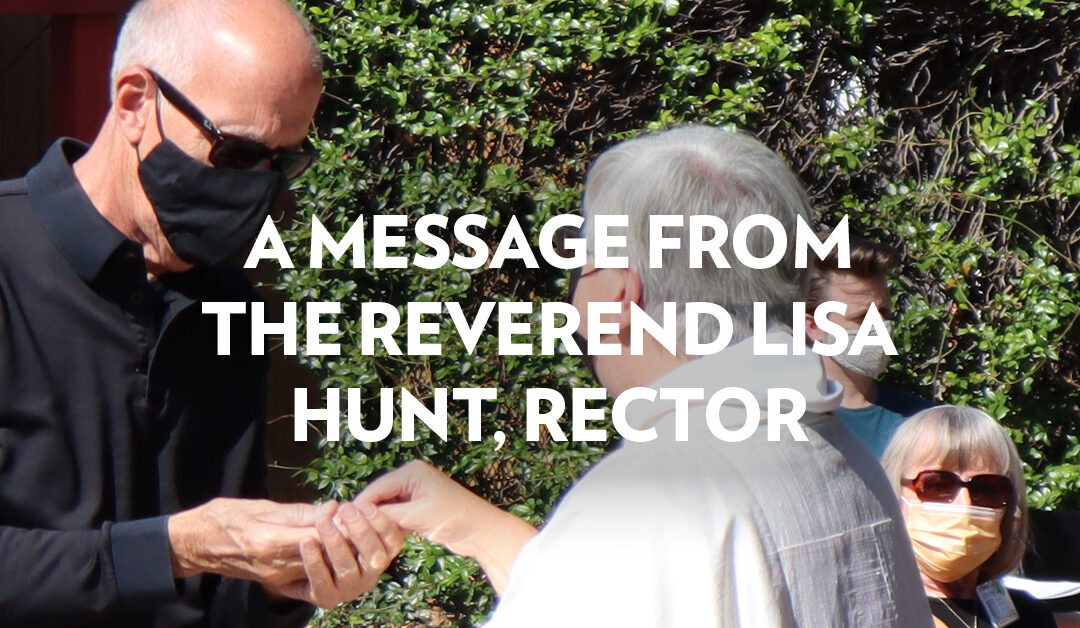There are Christians
Who have hysterical reactions
As if the world had slipped out of God’s hands.
They are violent
As if they were risking everything.
But we believe in history.
The world is not a roll of the dice
On its way toward chaos.
A new world has begun to happen
Since Christ has risen.
Jesus Christ,
We rejoice in your definitive triumph
With our bodies still in the breach,
Our souls in tension;
We cry our first ‘Hurrah!’
Till eternity unfolds itself.
Your sorrow now has passed.
Your enemies have failed.
You are the definitive smile for humankind.
What matter the wait now for us?
We accept the struggle and the death,
Because you, our love, will not die!
We march behind you on the road to the future.
You are with us. You are our immortality.
Take away the sadness from our faces;
We are not in a game of chance?
You have the last word!
Beyond the crushing of our bones,
Now has begun the eternal ‘Alleluia!’
From the thousands of openings
In our wounded bodies and souls,
There now arises a triumphal song!
So teach us to give voice
To your new life throughout the world,
Because you dry the tears of the oppressed forever.
And death will disappear
– Luis Espinal, S.J.
I came upon this poem as I was preparing the liturgy for this Sunday, in the wake of the announcement of my retirement. It captures the ambiguity of this time for me, and I suspect for many of you. I feel such sadness at the prospect of leaving this community of faith and simultaneously I trust in God’s abiding love and care manifested in the resurrection of Jesus Christ. God does not leave us comfortless.
This Easter season is a time to celebrate death and resurrection; this mystery of Christ is at the heart of our faith. I am reminded that not only do we observe this new reality for the Great Fifty days of Easter, but we also frame every burial in this manner. Our Book of Common Prayer notes at the end of the burial of the dead liturgy:
The liturgy for the dead is an Easter liturgy. It finds all meaning in the resurrection. Because Jesus was raised from the dead, we too, shall be raised.
The liturgy, therefore, is characterized by joy, in the certainty that “neither death, nor life, nor angels, nor principalities, nor things present, nor things to come, nor powers, nor height, nor depth, nor anything else in all creation, will be able to separate us from the love of God in Christ Jesus our Lord.”
This joy, however, does not make human grief unchristian. The very love we have for each other in Christ brings deep sorrow when we are parted by death. Jesus himself wept at the grave of his friend. So, while we rejoice that one we love has entered into the nearer presence of our Lord, we sorrow in sympathy with those who mourn. (Book of Common Prayer, p. 507)
While in the words of Monty Python, “I am not dead, yet!,” I am nevertheless going to be ending my role as your Rector. This is a time of grief, relief, celebration, anger, fear, trust, and hope for all of us. Grief and transitions bring up all sorts of emotions at various times in different people. My reasonable and holy hope in this season is that we can honor one another as we have served together with honesty, integrity and care.
The Reverend Lisa Hunt, Rector


